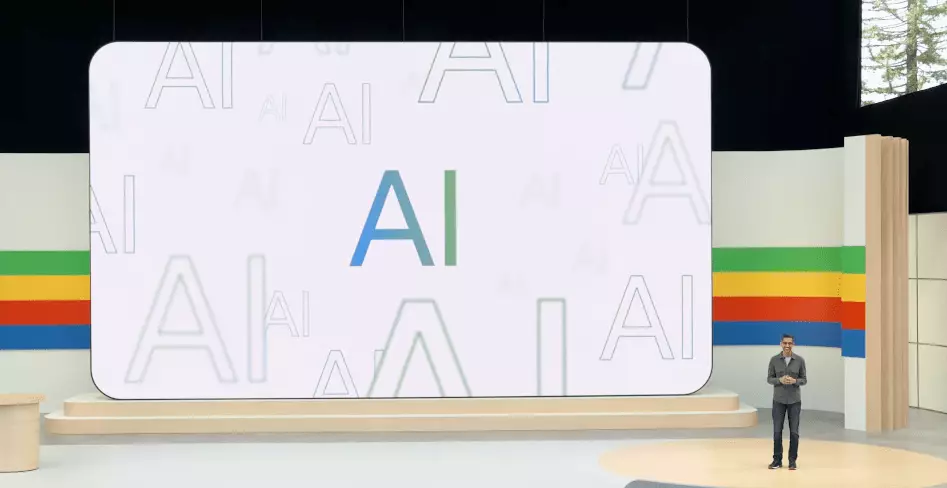In recent years, Google’s integration of Artificial Intelligence into its core search experience has transformed the way users consume information. The introduction of AI-generated summaries—displaced at the top of search results—was heralded as a technological leap forward, streamlining access to key facts. However, beneath this innovation lies a growing controversy: the exploitation of original content creators, particularly news publishers, who now find their work being repurposed without clear compensation or control. What initially appeared as an advancement in search technology is increasingly revealing itself as a potential threat to the sustainability of quality journalism.
The Power Dynamics and the Voice of Publishers
A formidable coalition of independent publishers has voiced valid concerns regarding Google’s practices. The core accusation is that Google is “misusing” web content to fuel AI summaries, effectively turning publishers’ intellectual property into fuel for its own algorithms. This move has tangible repercussions: diminished web traffic, plunging readership numbers, and significant revenue losses for those who rely on organic search visibility. The complaint hints at a broader power imbalance—where the tech giant, armed with dominant market share, deploys AI features that can inadvertently (or intentionally) erode the revenue streams of smaller publishers, leaving them without viable alternatives or control over their content.
Rights, Autonomy, and Ethical Dilemmas
Perhaps most troubling is the issue of consent. Publishers argue that once their content is indexed and fed into AI summaries, they are left with no meaningful way to opt out, effectively losing autonomy over how their work is used. This raises profound ethical questions about intellectual property rights in the age of AI. Should publishers be compensated for their content being repurposed by algorithms? Or should the use of publicly available information remain free of such restrictions? Current practices seem to favor corporate convenience over creators’ rights, prompting calls for regulatory intervention. If left unchecked, this trend risks setting a dangerous precedent where content is commodified without regard for the creators’ interests.
The Implications for the Future of Journalism
The predicament faced by news outlets reflects a larger crisis: the erosion of sustainable business models for quality journalism. As traffic declines due to AI summaries siphoning clicks away from original articles, smaller organizations may be pushed out of the market entirely. This diminishes diversity of thought, weakens press independence, and ultimately impoverishes public discourse. While AI can undoubtedly serve as a tool for innovation, its current integration seems to prioritize user convenience at the expense of the fundamental principles of fair compensation and respect for intellectual property. If publishers continue to be marginalized in this digital landscape, the long-term consequence could be a homogeneous information sphere, dominated by tech giants and devoid of grassroots journalistic voices.

